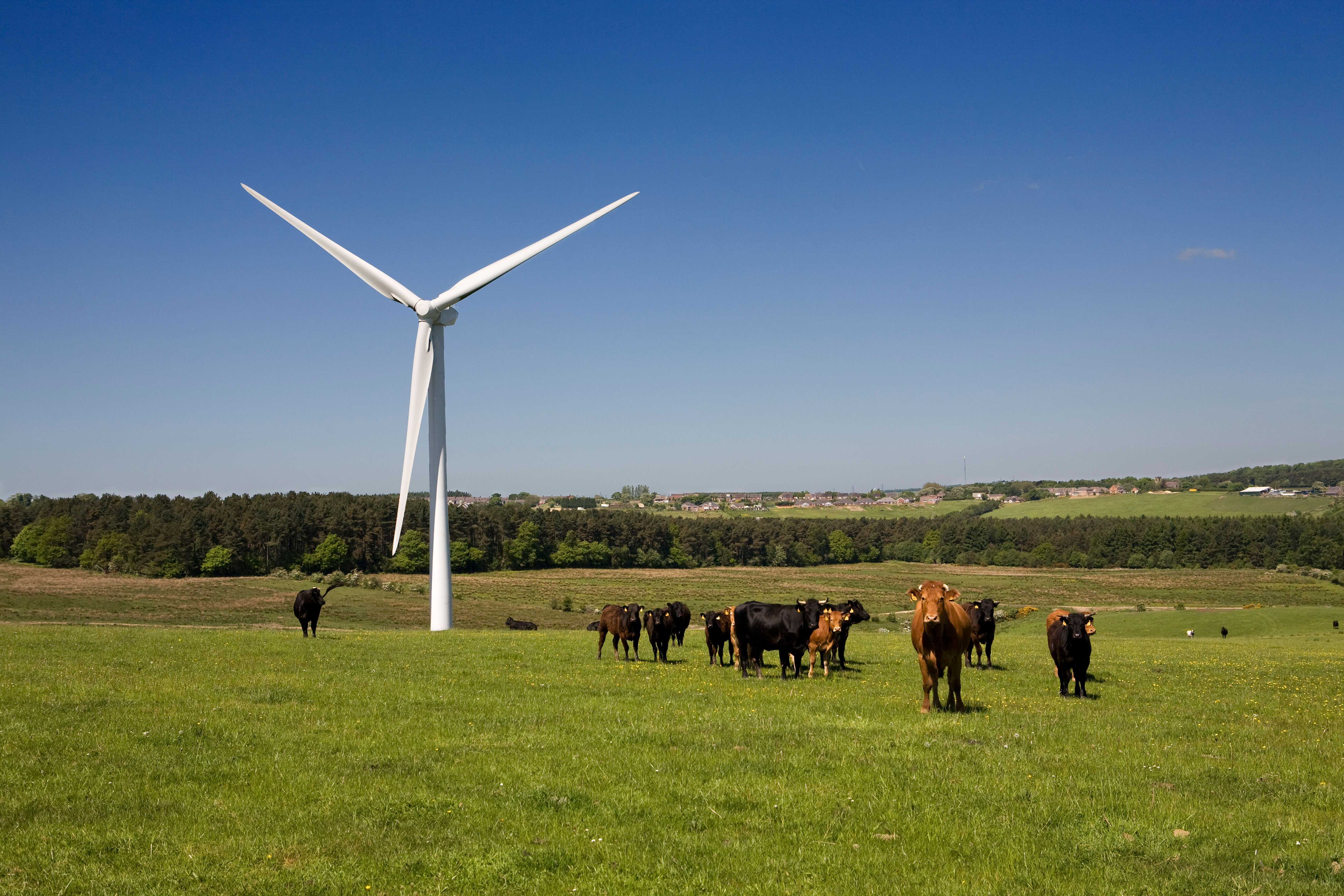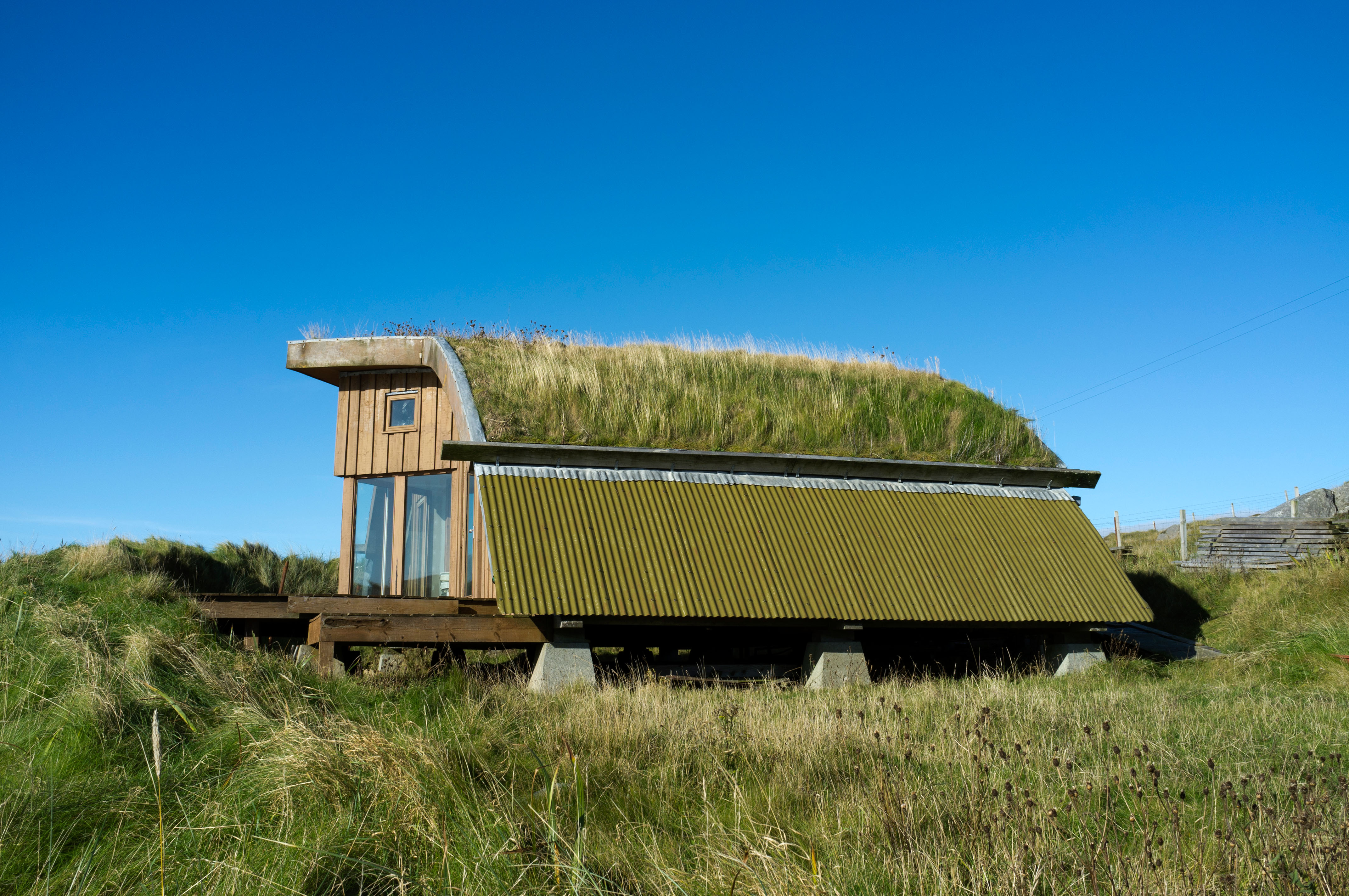'Tipping point' reached for green energy as renewables topple coal across OECD nations
The switch to a fully green energy supply just became closer after figures from the International Energy Agency showed that renewable sources overtook coal in generating electricity across the 36 Organisation for Economic Co-operation and Development's countries in 2018.


In a landmark moment for the fight against the climate crisis, clean electricity has exceeded the amount produced by coal across the countries belonging to the Organisation for Economic Co-operation and Development (OECD).
According to data by the International Energy Agency (IEA), in 2018, electricity from renewables sources was a little higher than coal's in the 36 OECD countries, of which the UK is one. Hydroelectric power was the top source of clean electricity across the bloc, accounting for more than half of the total produced across the 36 countries. It was followed by wind (23.2%), solar (8.4%) and solid biofuels (7.1%).
Writing on Twitter, Peter Strachan, Energy Policy, Environmental Management and Energy Transitions Professor at Aberdeen’s Robert Gordon University, called this ‘a tipping point’ for green energy.
A comparison between the first five months of 2019 and the same period in 2018 is also encouraging, with coal’s share of electricity production declining by more than 10% across the OECD, according to IEA data.
In the UK, in particular coal usage saw a massive drop (to the tune of 64.7%) in the five months between January and May 2019 when compared to the same time last year, with the country managing to run on coal-free electricity for two whole weeks in May.
This was about two years after the UK’s first coal-free day in 2017 and a year after Theresa May’s government unveiled plans to phase out coal-burning plants by 2025 in a bid to reduce greenhouse-gas emissions (it later committed to becoming carbon neutral by 2050).
In the first five months of 2019, renewables, taken together, have accounted for more than a third of all British electricity, up 3.2% on last year, and the National Grid predicts that this could be the first year in which the UK generates more energy from green sources than from fossil fuels.
Sign up for the Country Life Newsletter
Exquisite houses, the beauty of Nature, and how to get the most from your life, straight to your inbox.
The greenest country in the OECD, however, is Iceland, where virtually all electricity came from renewable sources — primarily hydro power and geothermal — both in 2018 and in the first five months of 2019.
And although coal use continues to increase globally, figures from Bloomberg New Energy Finance, reported by the World Economic Forum, show that renewable-energy infrastructure is being installed across the world at a rate that the World Economic Forum deems to be ‘phenomenal’.

60 simple sustainability tips to make your home, garden and life better
We spoke to experts to get their tips on practical steps we can all make to live a more sustainable
Carla must be the only Italian that finds the English weather more congenial than her native country’s sunshine. An antique herself, she became Country Life’s Arts & Antiques editor in 2023 having previously covered, as a freelance journalist, heritage, conservation, history and property stories, for which she won a couple of awards. Her musical taste has never evolved past Puccini and she spends most of her time immersed in any century before the 20th.
-
 A rare opportunity to own a family home on Vanbrugh Terrace, one of London's finest streets
A rare opportunity to own a family home on Vanbrugh Terrace, one of London's finest streetsThis six-bedroom Victorian home sits right on the start line of the London Marathon, with easy access to Blackheath and Greenwich Park.
By James Fisher
-
 Materials, textures, construction, expression: A Brutalist watch on your wrist
Materials, textures, construction, expression: A Brutalist watch on your wristLuxury watchmakers are seeking to bridge the gap between two contrasting styles, with exciting results.
By Chris Hall